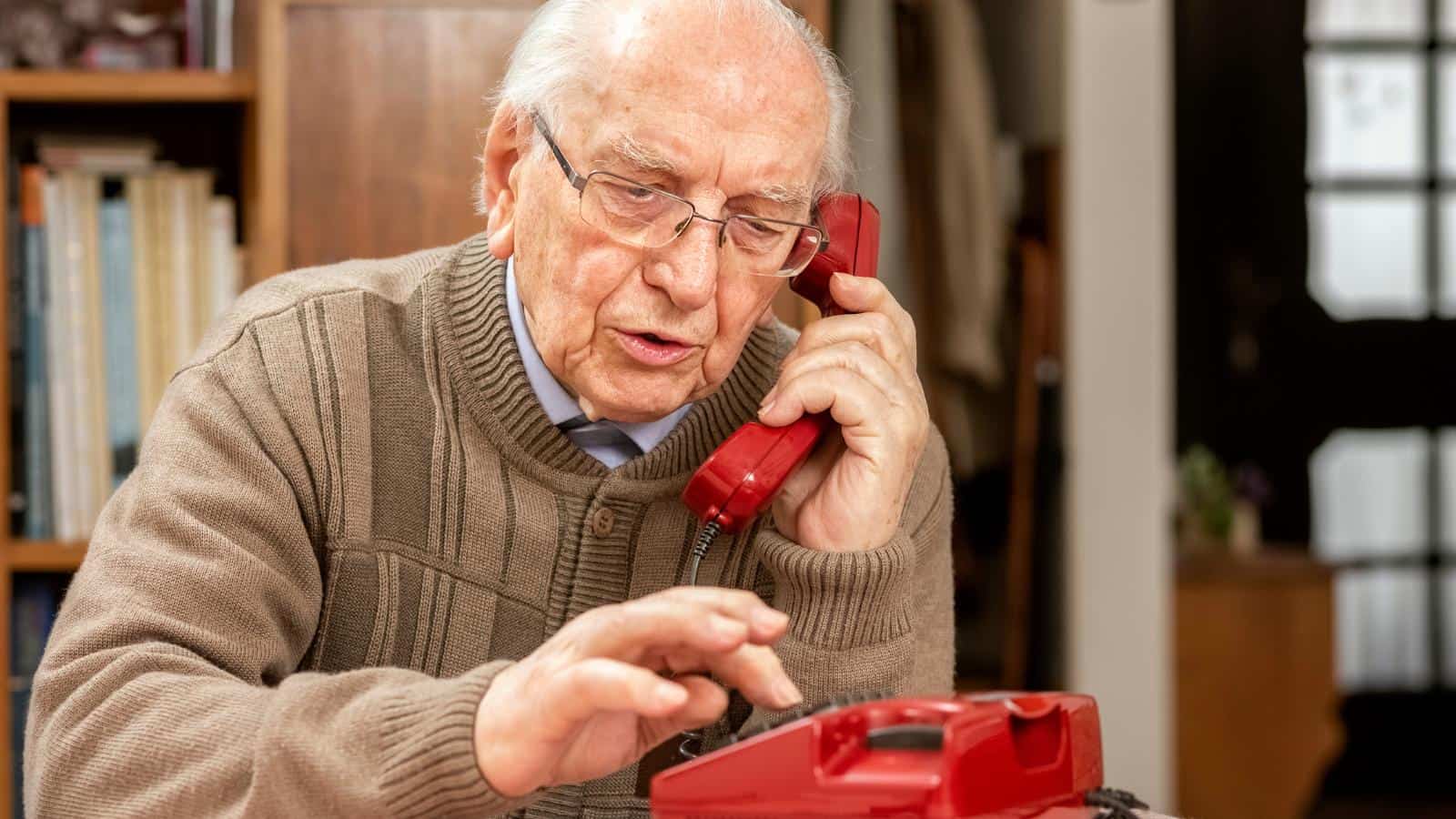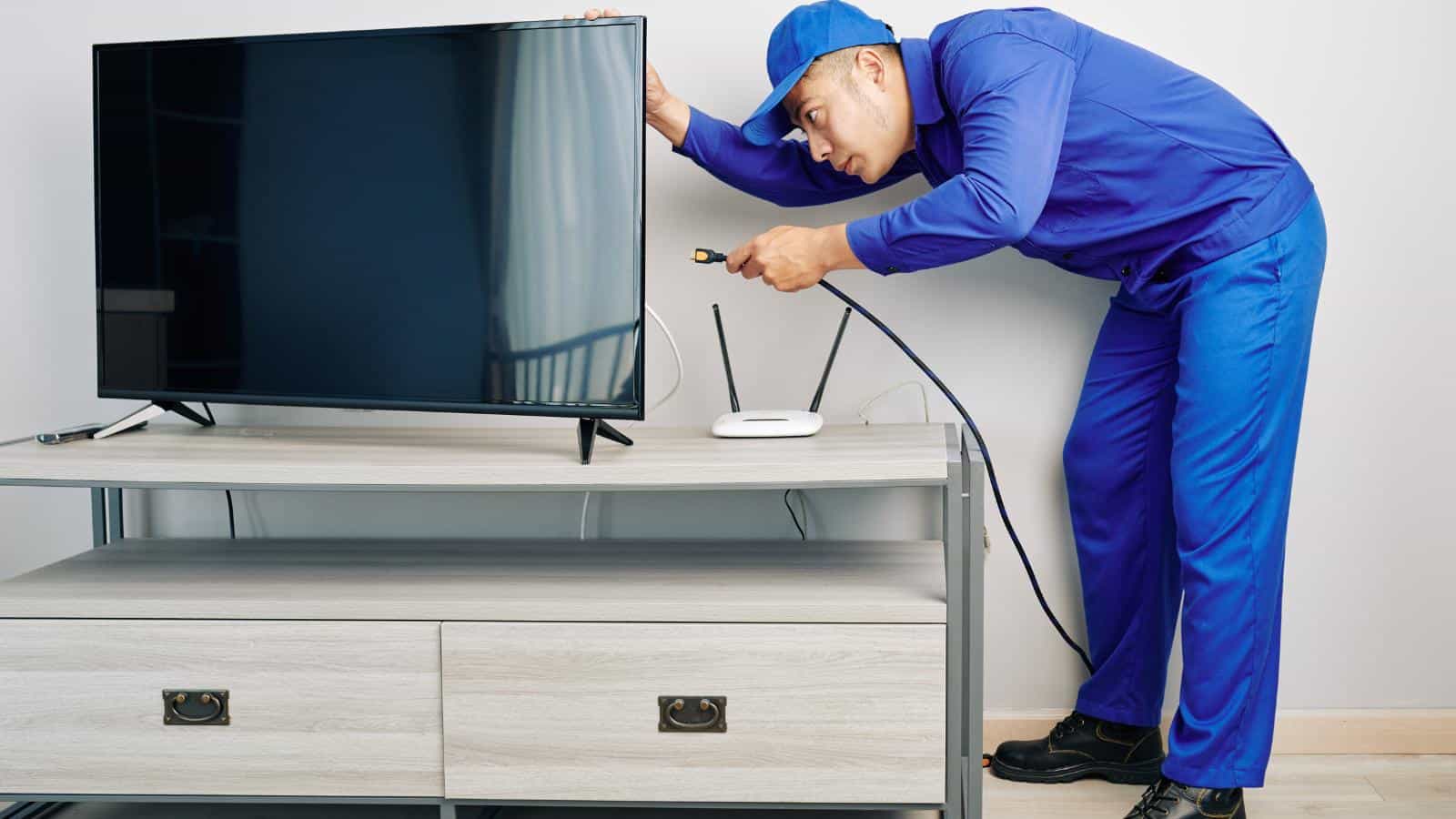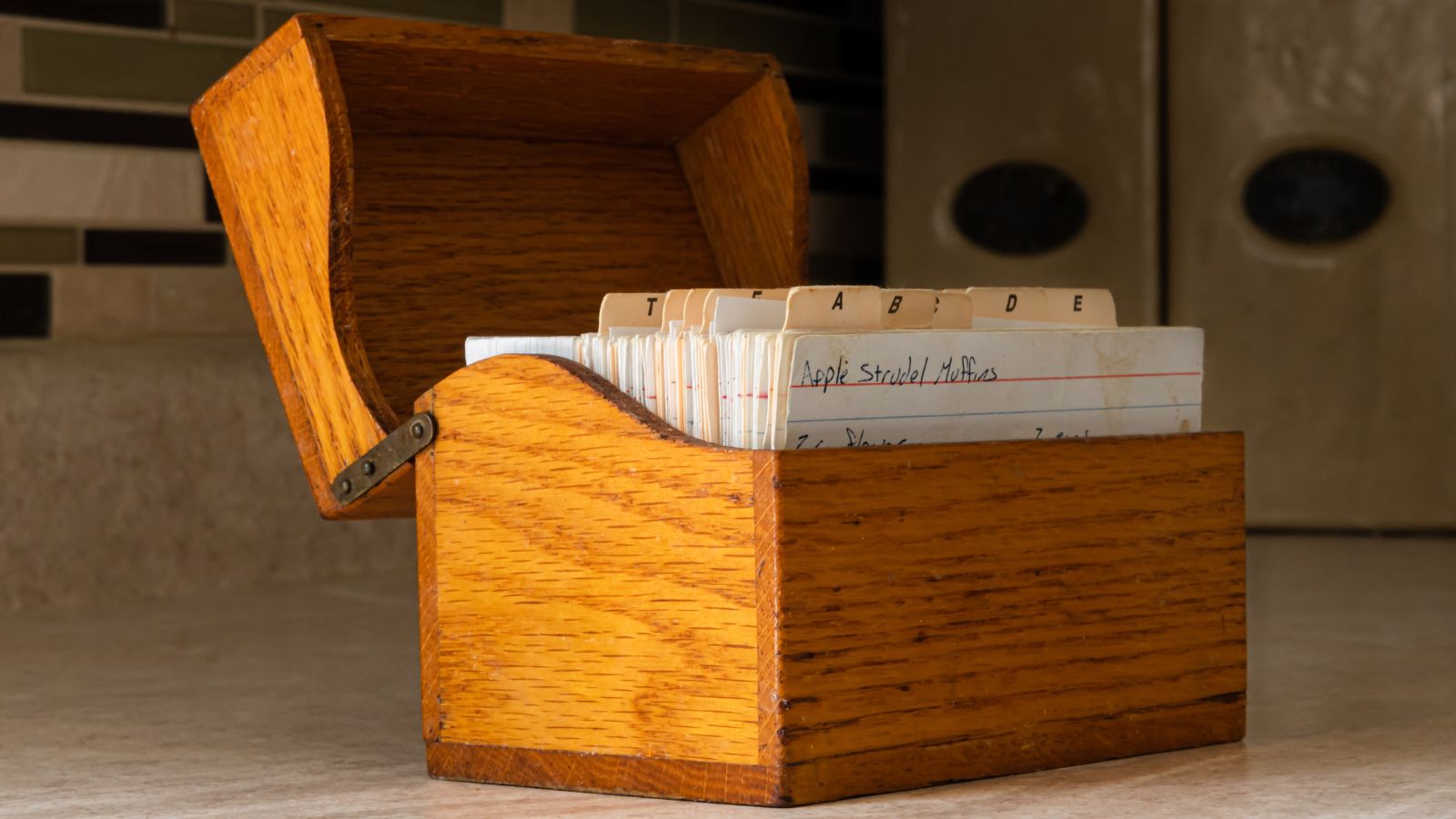Every generation has its fair share of nostalgia, and boomers are no exception. They often reminisce about the “good old days,” when life seemed simpler and traditions reigned supreme. But millennials, who grew up in a more tech-driven and fast-paced world, don’t always share the same enthusiasm.
Here are the things boomers hold dear but Millennials just don’t care about.
Shopping at the Mall

Boomers fondly remember malls as the heart of their social life, where friends gathered, shopped, and hung out. Millennials, however, see malls as inconvenient compared to the ease of online shopping. They’d much rather browse Amazon or a favorite e-commerce site than navigate crowded parking lots and deal with long lines.
Handwritten Letters

These were a thoughtful, personal way to stay in touch for baby boomers, who still praise the charm of receiving one. Younger people, on the other hand, have little interest in putting pen to paper when texts, emails, and DMs are much faster. They see handwritten letters as a nice gesture, but one that takes too much time in a world where instant communication is the norm.
Using Encyclopedias

Older people often have a set of encyclopedias on their shelves. They used to be the go-to resource for school projects and general knowledge. Millennials, however, grew up with the internet, where Google provides instant answers to nearly any question. The thought of spending hours looking something up in a physical book feels inefficient to them.
Traditional Radio

Folk born post-war have fond memories of tuning into radio stations and eagerly awaiting a favorite song. Millennials, however, can’t see the point when there are streaming services like Spotify or Apple Music, which let them customize playlists and skip songs they don’t like.
The idea of sitting through commercials or relying on a DJ to curate their listening experience feels outdated.
Owning a Landline

Your parents probably swear by the reliability of landline phones, insisting they’re essential for emergencies. But not younger people, who see no need for a home phone when their smartphones can do it all. To them, paying for a landline is an unnecessary expense, especially when most communication happens through text or video calls.
Cable TV Packages

Millennials love streaming platforms like Netflix, Hulu, and Disney+, which offer content without commercials and on their schedules. They don’t understand why the older generation praises the variety and reliability of cable TV, paying for expensive cable bundles with hundreds of channels they’ll never watch. feels pointless. Boomers might enjoy flipping through channels, but Millennials don’t.
Writing Checks

Paper checks were once the standard way to pay bills and make purchases, and many boomers still insist they’re a secure payment method. But not their kids, who can’t see the point when digital payments like Venmo and PayPal exist.
Writing, mailing, and waiting for a check to clear feels outdated and inconvenient to younger generations.
Reading Physical Newspapers

The daily ritual of reading a physical newspaper over breakfast is a fast-disappearing habit, still valued by many older folk. Young people, on the other hand, prefer getting their news digitally, through apps, websites, or social media.
Older people argue that newspapers offer more in-depth reporting, but millennials appreciate the convenience of consuming news online.
Driving Stick Shift Cars

Older drivers often brag about their ability to use stick shifts, describing it as a skill every motorist should learn. But millennials remain unimpressed. Why learn manual transmission when most cars today are automatic, they argue. They see stick shifts as unnecessary and impractical, especially in heavy traffic, where auto ‘boxes are much more convenient.
Using Cash

Cash used to be king and for some older people it still hasn’t lost its crown. They argue that it’s essential for emergencies or small transactions. Millennials, however, embrace our increasingly cashless society. With mobile wallets, tap-to-pay options, and credit cards, they rarely feel the need to have physical currency on hand.
Wearing Formal Business Attire

Older generations associate formal business attire with professionalism and respect, insisting that dressing up leaves a good impression. It doesn’t impress millennials, though, who embrace casual work environments and prioritize comfort.
In industries where remote work and casual dress codes are the norm, the notion of wearing a suit every day feels excessive.
Having a Fully Stocked China Cabinet

Parents and grandparents often take pride in their collections of fine china, which are displayed in cabinets and only brought out to be used on special occasions. But young people can’t see the point of hoarding delicate dishes that rarely get used. With smaller homes and an emphasis on minimalism, they prefer practical tableware that’s used daily.
Long Phone Conversations

Young people often dread phone calls from their older relatives because they know they’ll drag on for ages. The older generation spent hours talking on the phone with friends or family, but millennials prefer texting, which allows for quicker and more efficient communication in their fast-paced lives.
Storing Recipes in a Box

A recipe box filled with handwritten cards was a kitchen essential for past generations. But younger people rely on apps, blogs, and Pinterest for their culinary inspiration. They see no point in writing recipes down when they can be bookmarked or saved digitally. They appreciate the ease of searching for new dishes online and keeping their kitchens clutter-free.
Formal Thank-You Notes

Handwritten thank-you notes are seen by baby boomers as a sign of good manners and personal effort. Not by their kids, though, who feel that sending a quick text or email gets the job done just as well. They appreciate the sentiment behind thank-you notes but find the process outdated and unnecessary in most situations.
Hanging Laundry on a Clothesline

The post-war generation often enthuses over the “freshness” of air-dried laundry, but young people don’t see the appeal of hanging clothes on a line. The convenience and speed of modern dryers are a better fit for their busy lifestyles.
Their parents might argue that clotheslines are environmentally friendly and nostalgic, but it’s a habit that doesn’t resonate with the younger generation.
